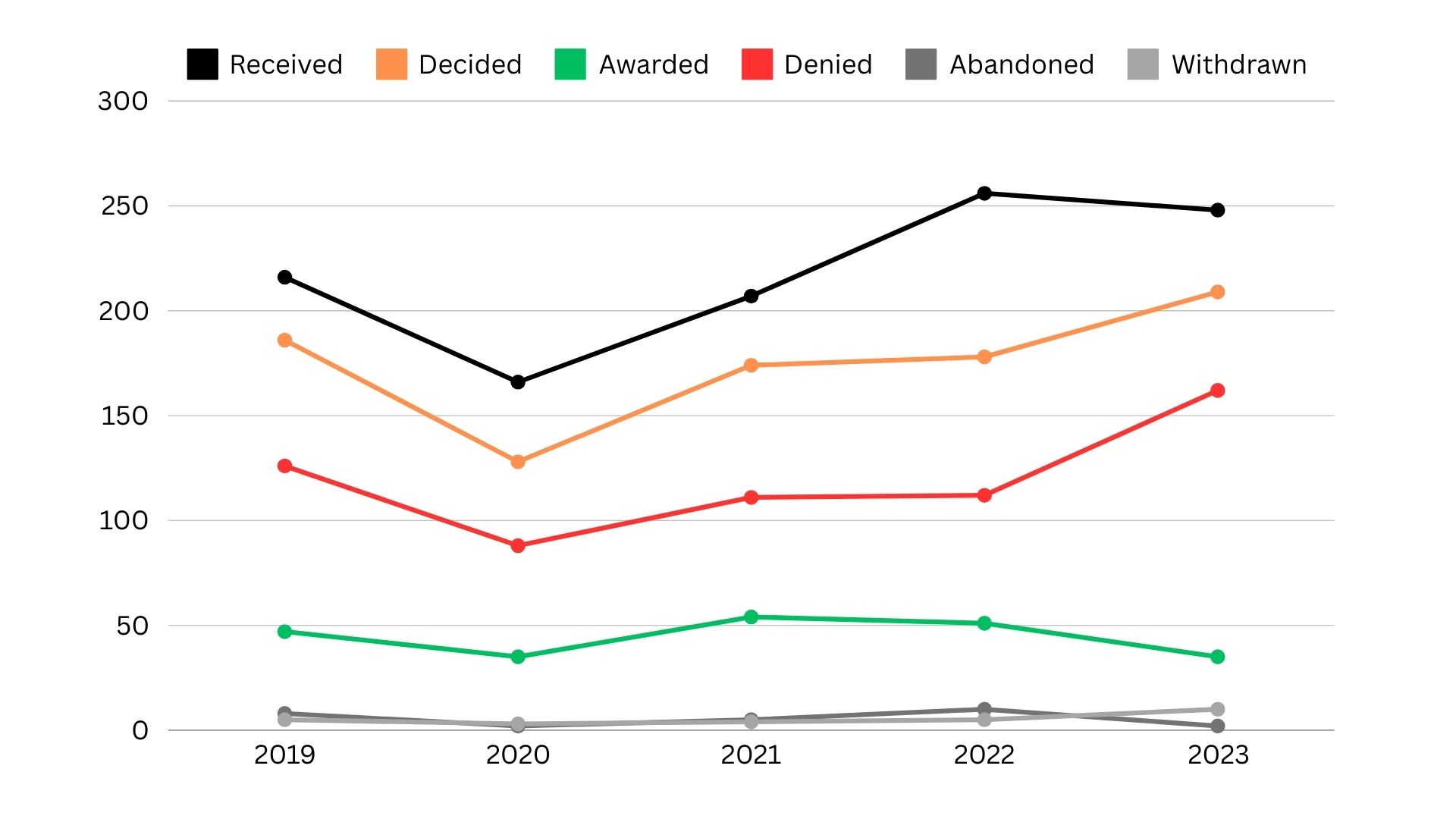Racism in Belfast: ‘Compensation? Don’t they have insurance?’
Before the latest spate of organised racist violence, PPR spent some time supporting victims of last August’s racially motivated attacks. At their request, we looked into the quality of the Criminal Damage Compensation Scheme.
When the broken glass has been swept away, the doors boarded up and the stunned assessment of what has been lost begins, victims of crime are entitled to claim insurance from their provider and separately, compensation from the state.
One such scheme is the Criminal Damage Compensation Scheme, which despite the devastation, requires a quick turnaround, with little support available for victims, especially if English is not their first language.
Astonishingly, despite the loss and damage they experienced, neither of the victims whose businesses were destroyed in acts of criminal arson were compensated under the scheme.
On good authority, we have it that policy makers responded to these claims with a shrug, wondering why victims didn’t have insurance. And of course, as responsible business owners, they did. But compensation is not there to substitute away from insurance. It is intended to be provided by the state for loss and damage caused by criminal activity either by ‘any three or more persons unlawfully, riotously or tumultuously assembled together; or (b) as a result of an act committed maliciously by a person acting on behalf of or in connection with an unlawful association.’
…the Department told us that it did not collect data on the type of criminal damage for which applicants had claimed (despite requiring this information on the application form)… meaning that any opportunity to identify patterns of violence, increased impacts on particular groups or opportunities to make the process more accessible is lost.
Both we and the victims of these attacks were surprised that both claims for criminal damage due to arson were refused, and instigated a series of Freedom of Information Requests to find out how many compensation claims had been honoured in the last few years. Of over 1,000 claims in the last five years of recorded data, just 25% of those decided have been awarded. What’s more, the Department told us that it did not collect data on the type of criminal damage for which applicants had claimed (despite requiring this information on the application form). In addition, the Department told us that it does not collect Section 75 data on applicants for criminal damage compensation, meaning that any opportunity to identify patterns of violence, increased impacts on particular groups or opportunities to make the process more accessible is lost.

Image caption: Criminal Damage Compensation applications and outcomes. Decisions issued each year are not directly related to the applications received in that year
As one victim said “There’s something wrong here. It looks like the scheme was made to open a window of hope when the victim is very upset and then deny the claim sometime later.”
Further coverage of this issue by Luke Butterly at The Detail, Victims of race hate attacks refused government compensation - Investigations & Analysis - Northern Ireland from The Detail revealed that the Department of Justice is reviewing the scheme “to determine whether the existing scheme is still relevant in light of that [sic] changed landscape. It is also important to ensure that the scheme is sustainable and remains affordable given the pressures on public finances.”
It remains to be seen how the Department of Justice will respond to support victims of race hate affected by the orchestrated violence we have witnessed this week.